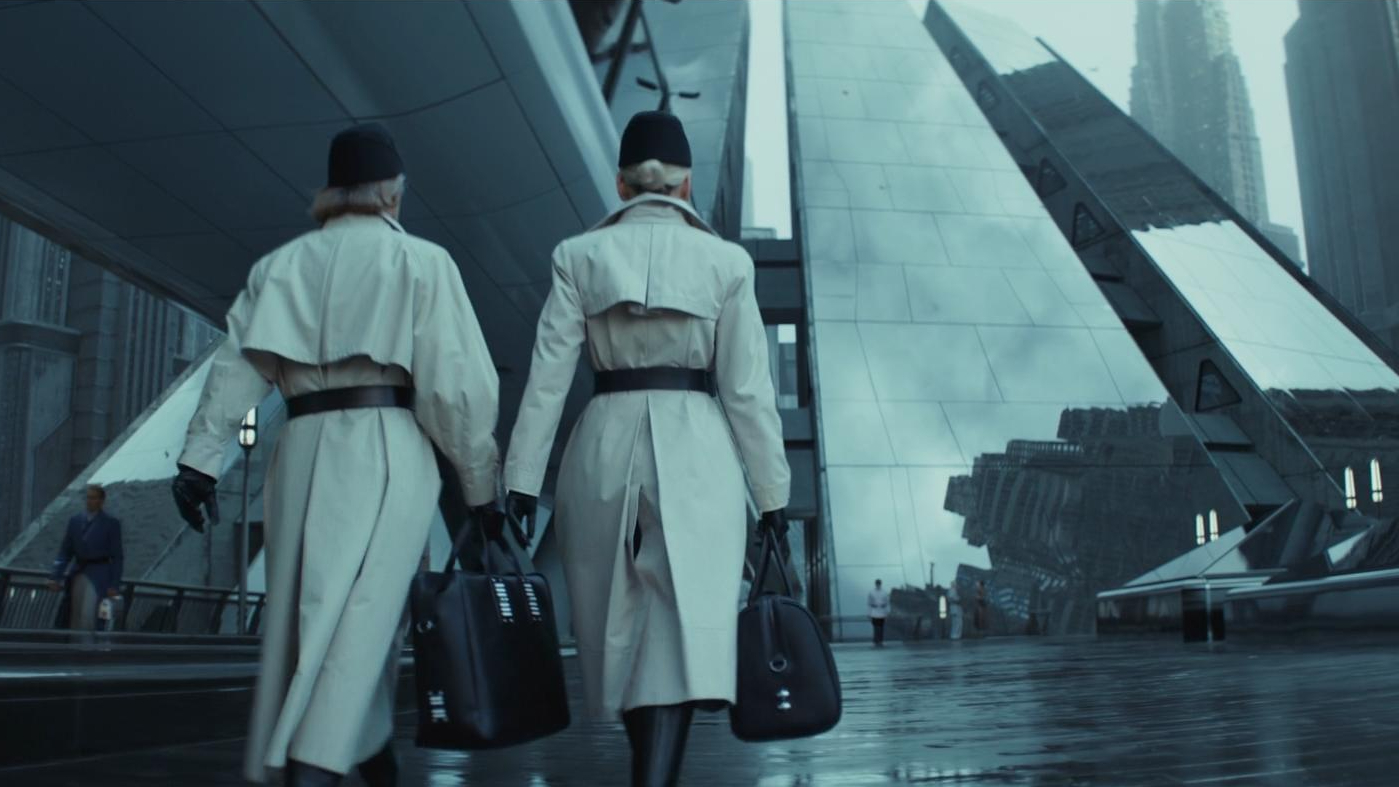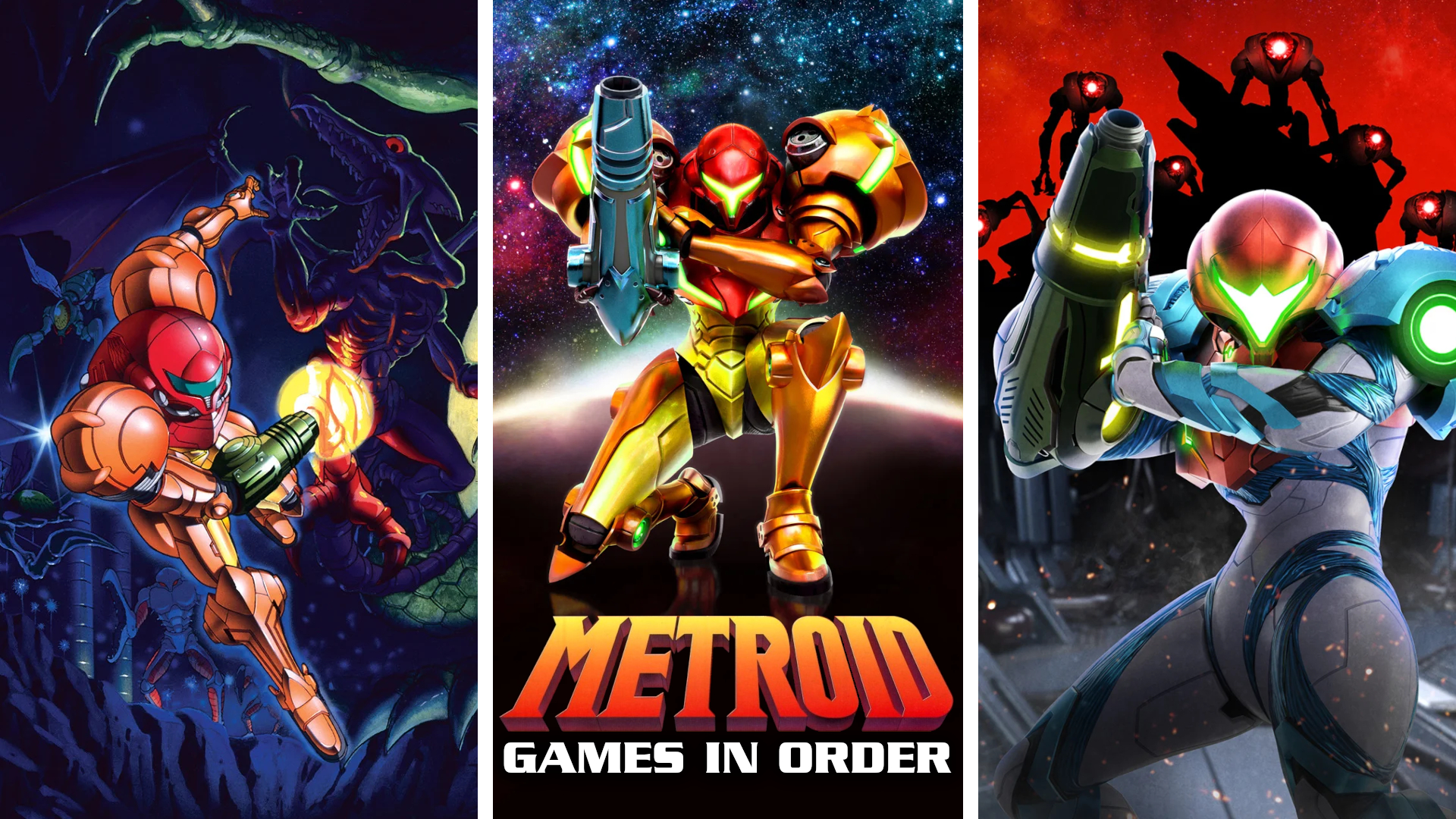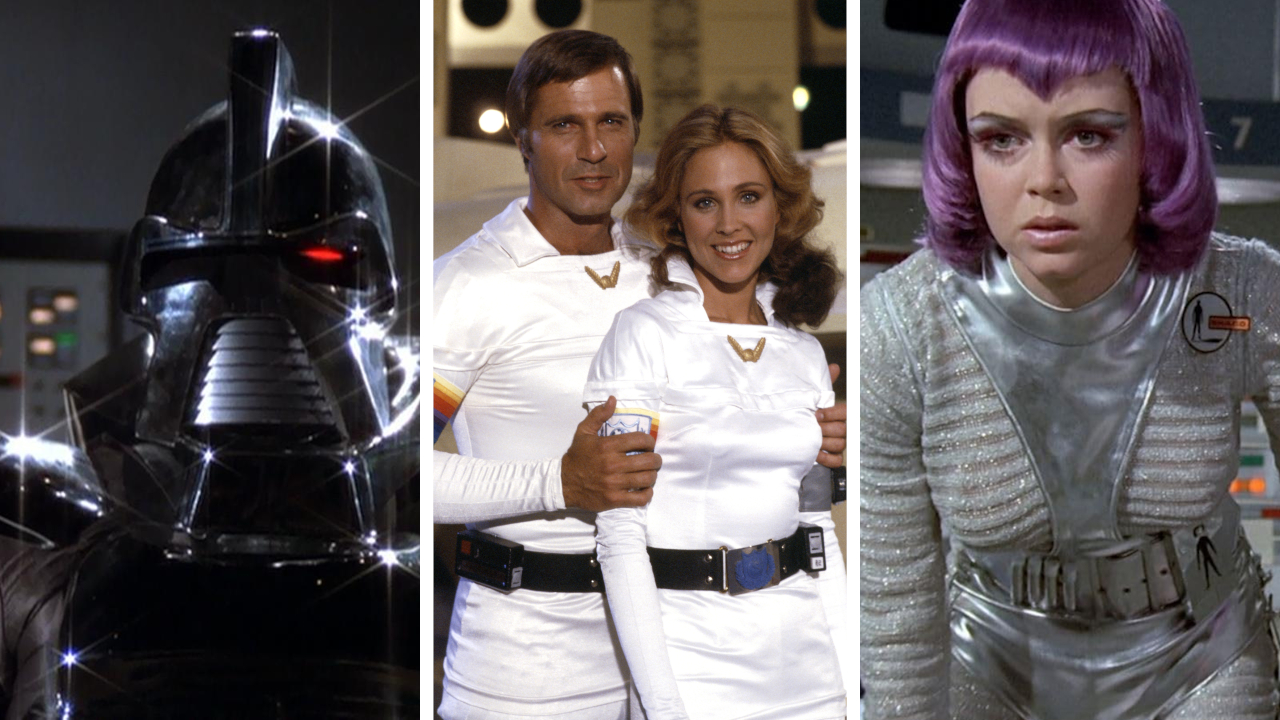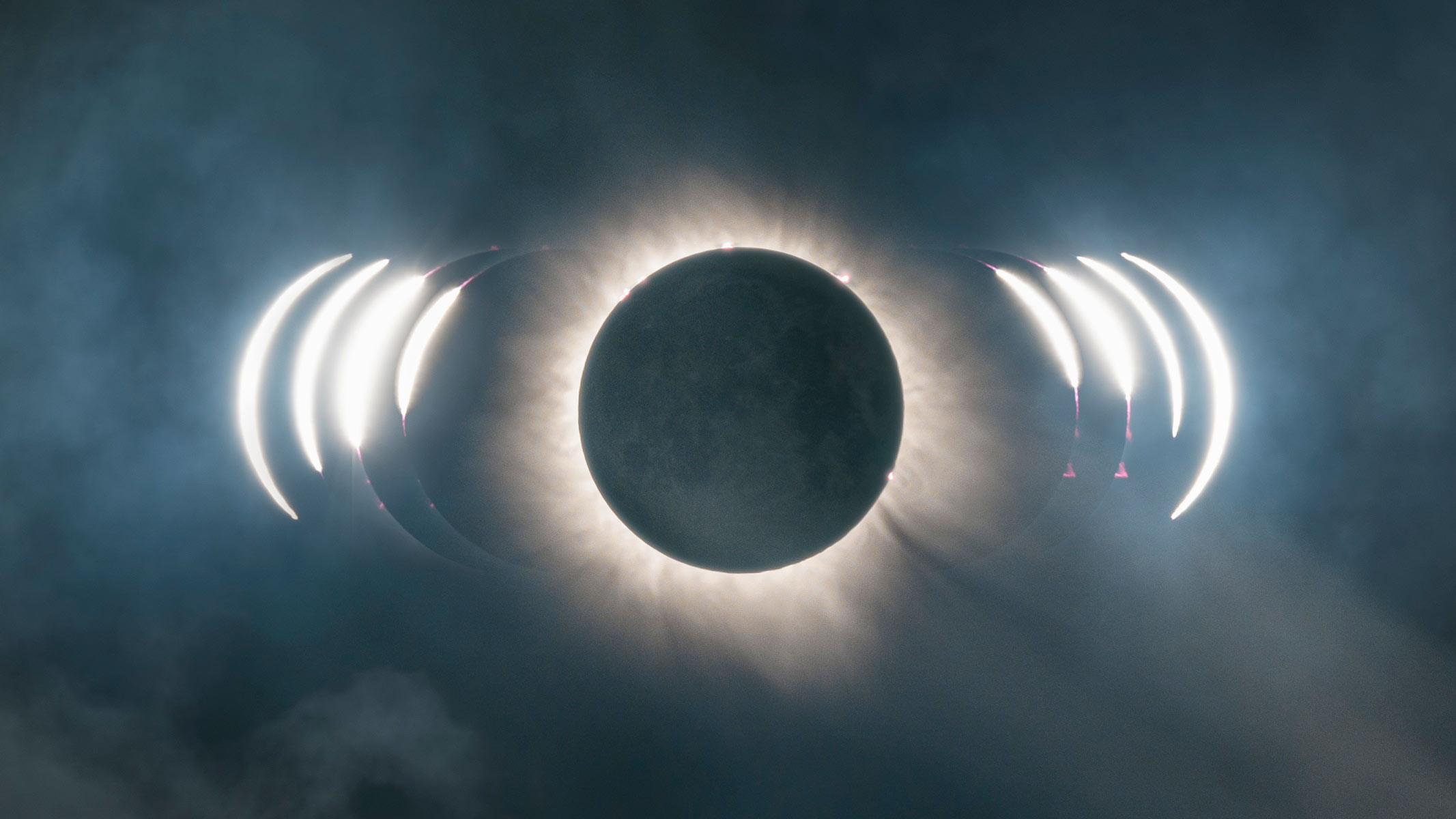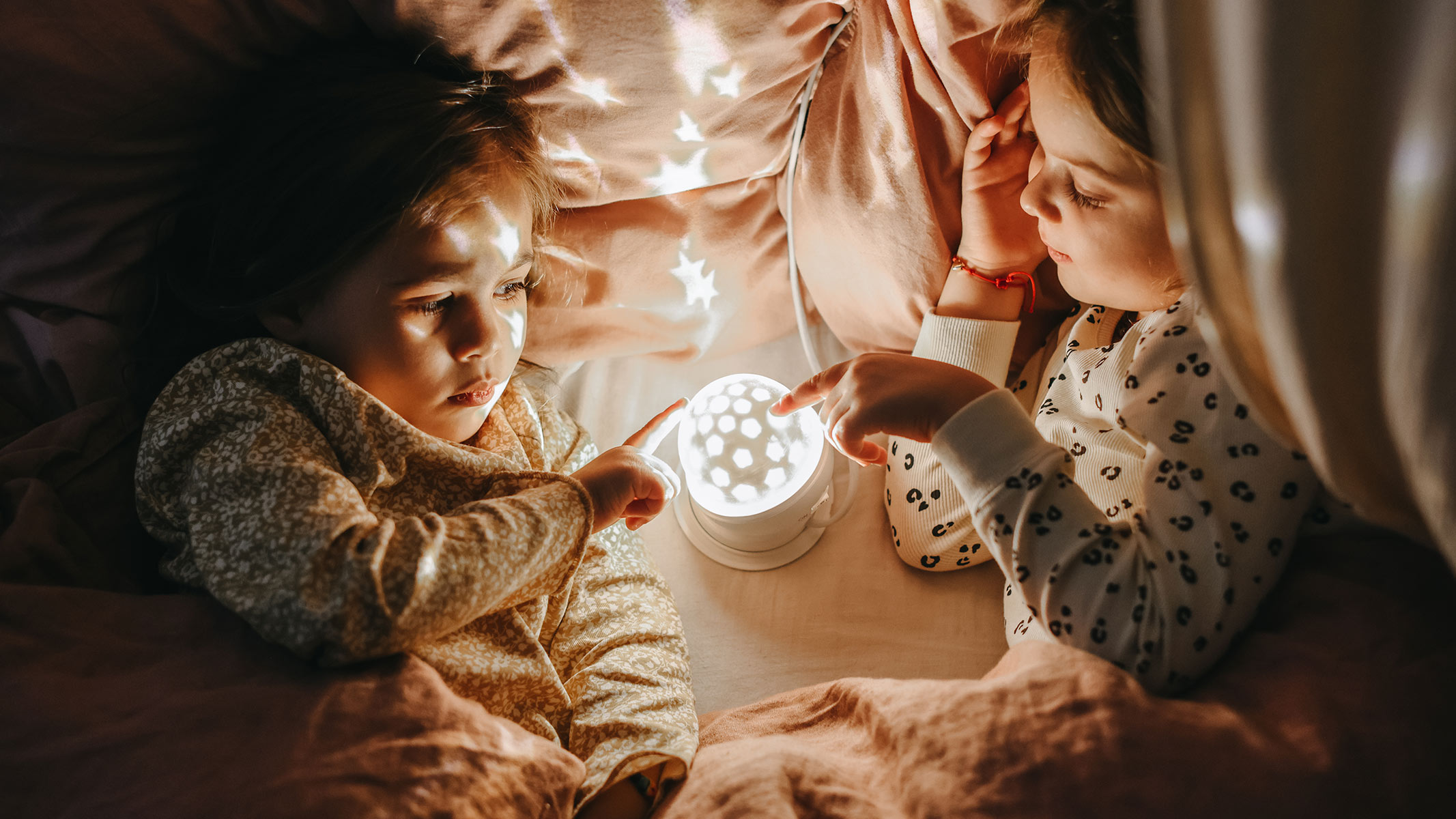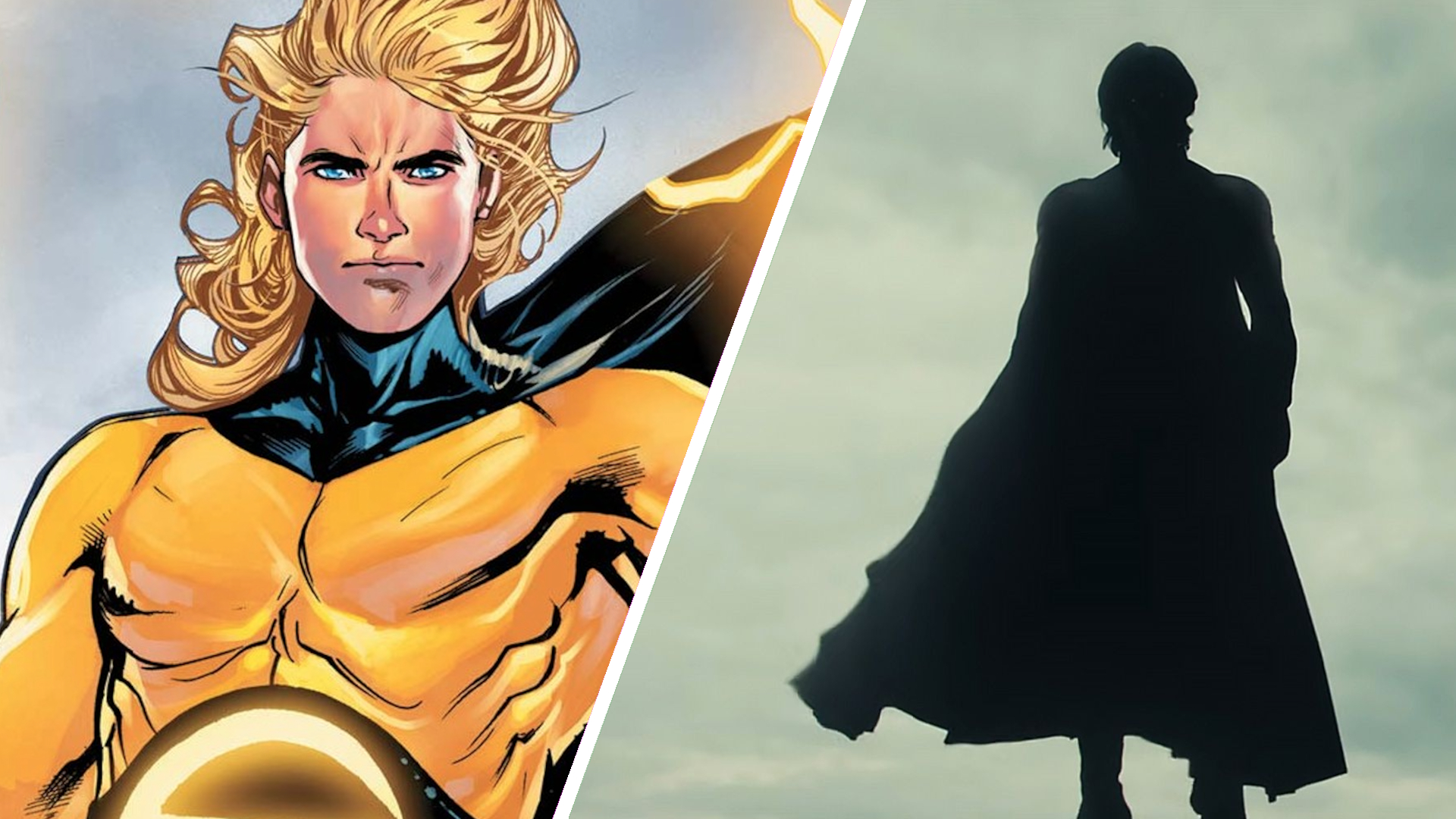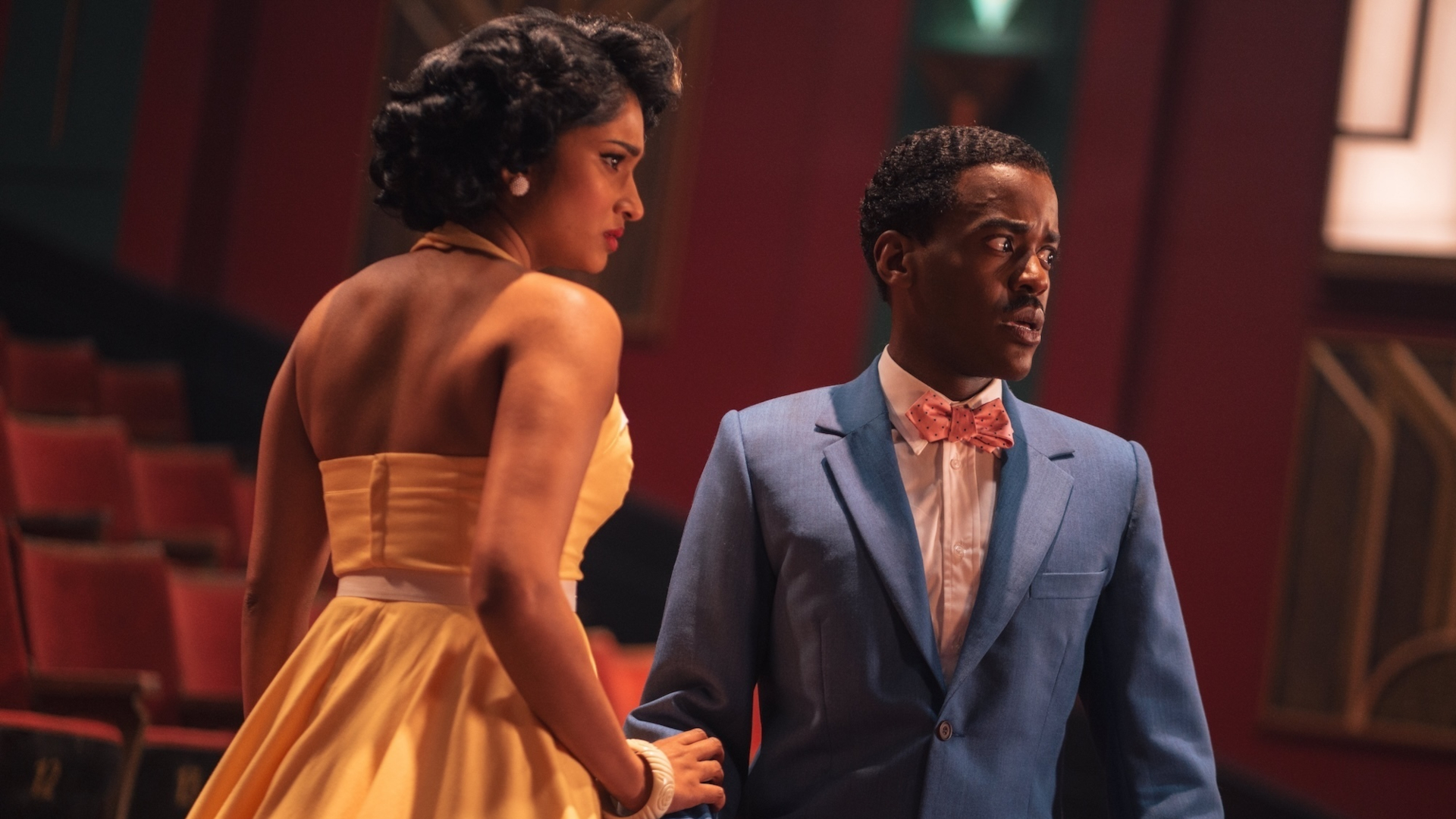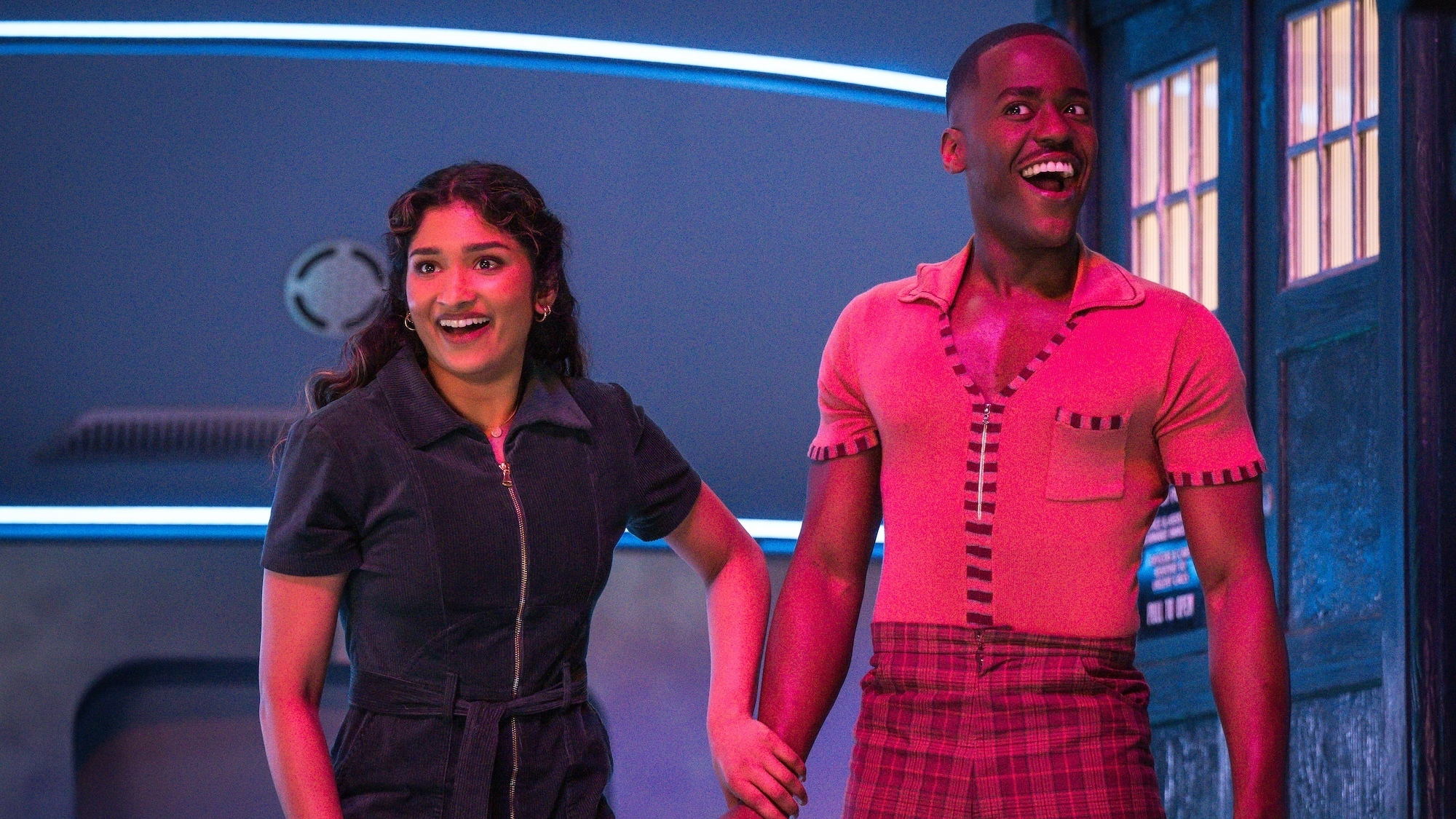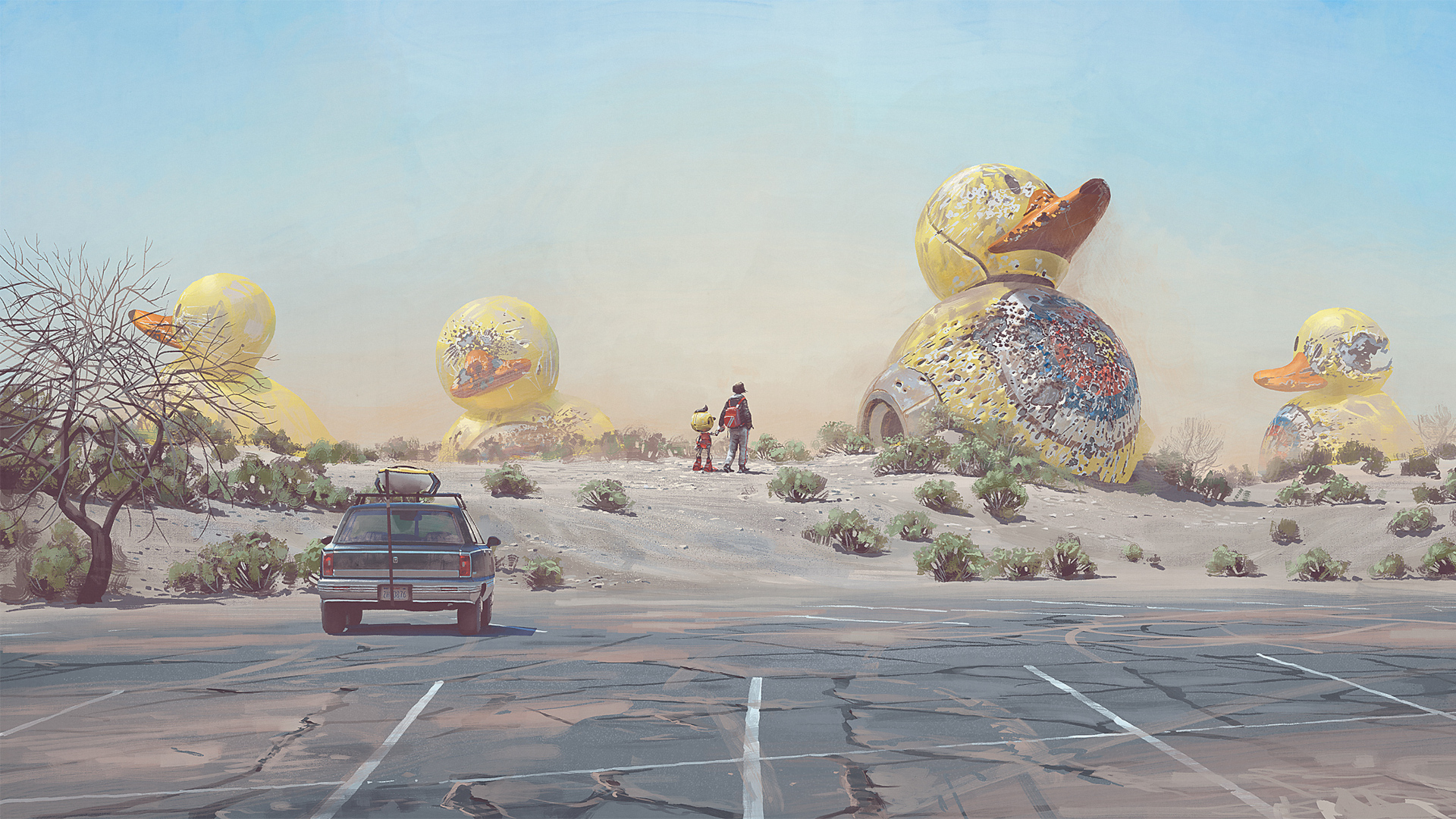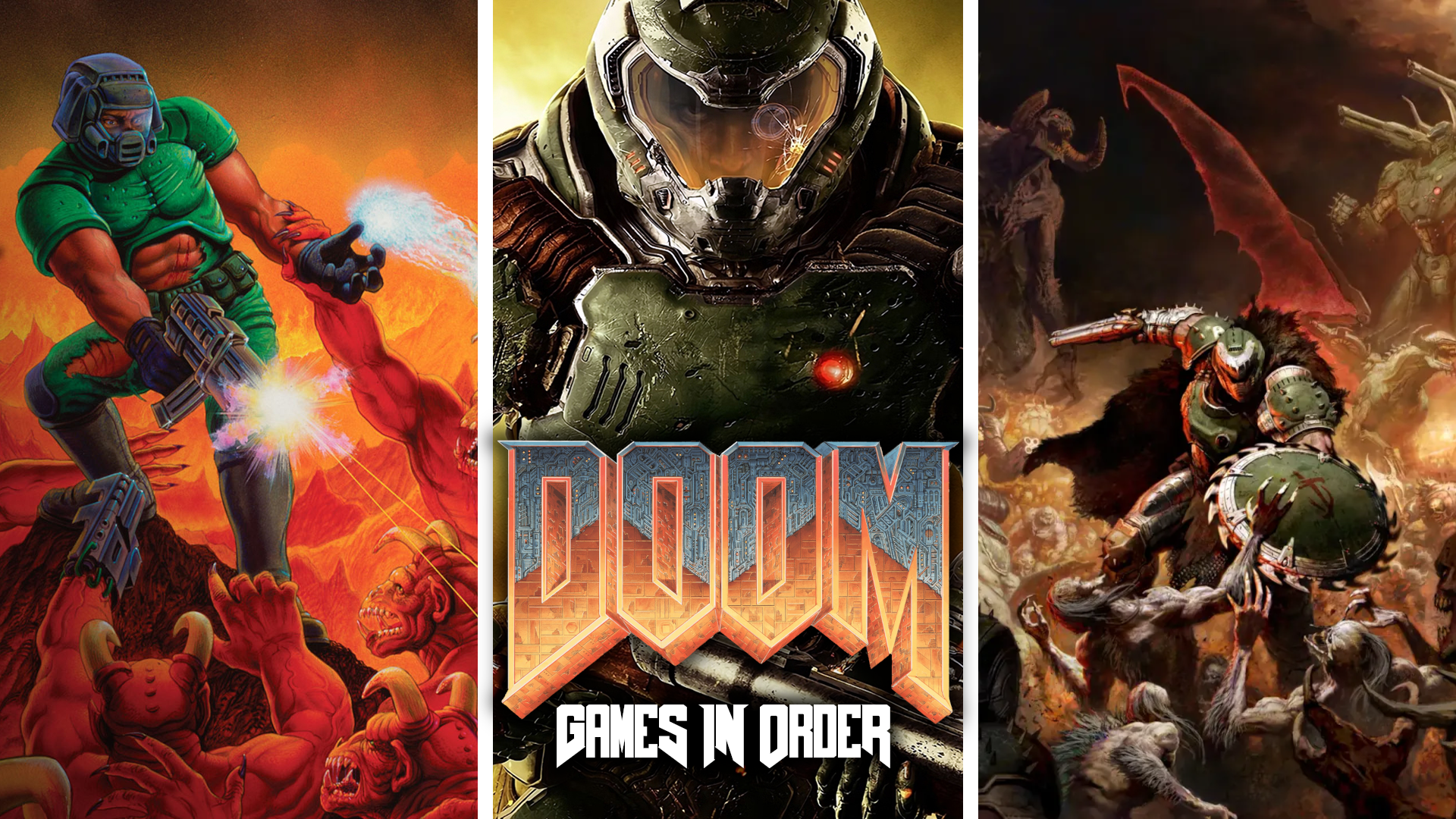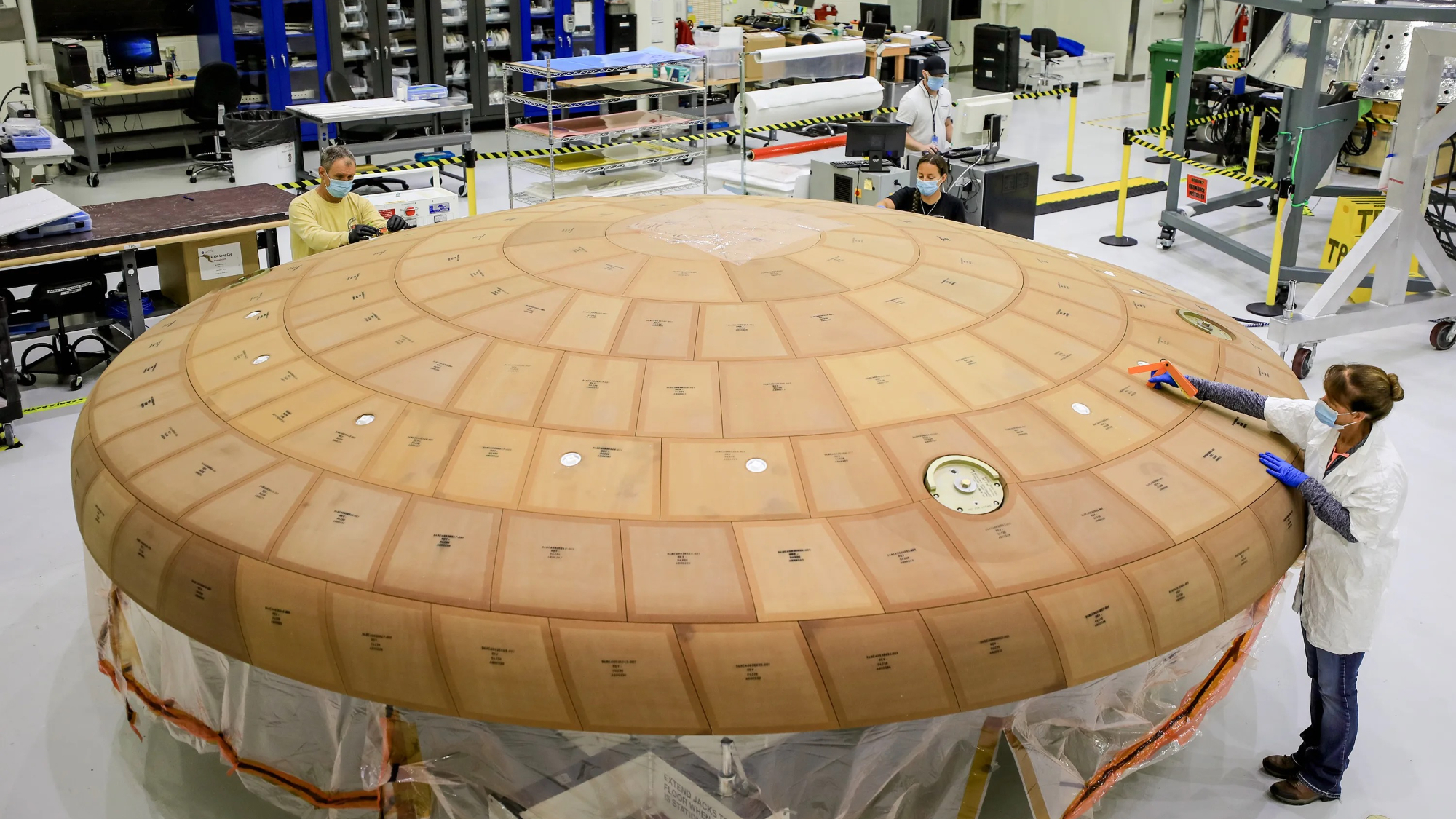10 Christmas space facts to get you into the festive spirit
The holiday season and space might just be more closely connected than you thought. Check out this list of great Christmas space facts.
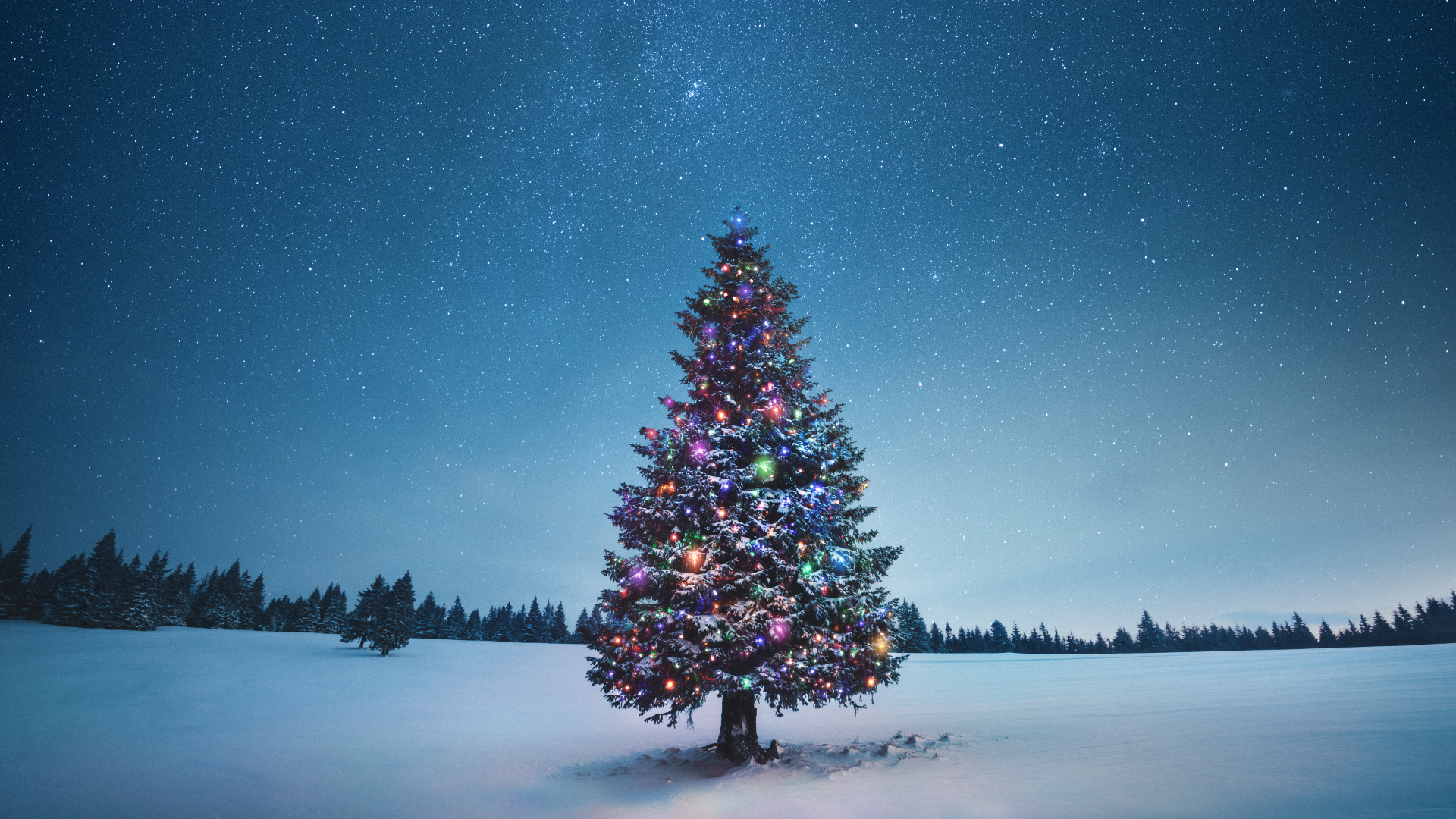
It's that magical time of year again — Christmas, a holiday celebrated by over 2 billion people worldwide. Whether it’s important to you personally or to someone close to you, you might be surprised to learn that Christmas also has some fascinating connections to space exploration.
From the earliest days of human space travel, astronauts have found ways to celebrate the holidays while orbiting Earth. Beginning with the Gemini 6 mission in the late 1960s and continuing to the present, the spirit of Christmas has traveled beyond our planet. From decorating with Christmas trees to baking space cookies and even pulling off holiday-themed pranks, the ties between space and Christmas are both surprising and heartwarming.
To celebrate the upcoming festive period, we've compiled this list of 10 great facts that marry the holiday and space, in no particular order.
10. A former NASA contractor claimed that three 'Santa Claus' UFOs had been discovered in the 1970s
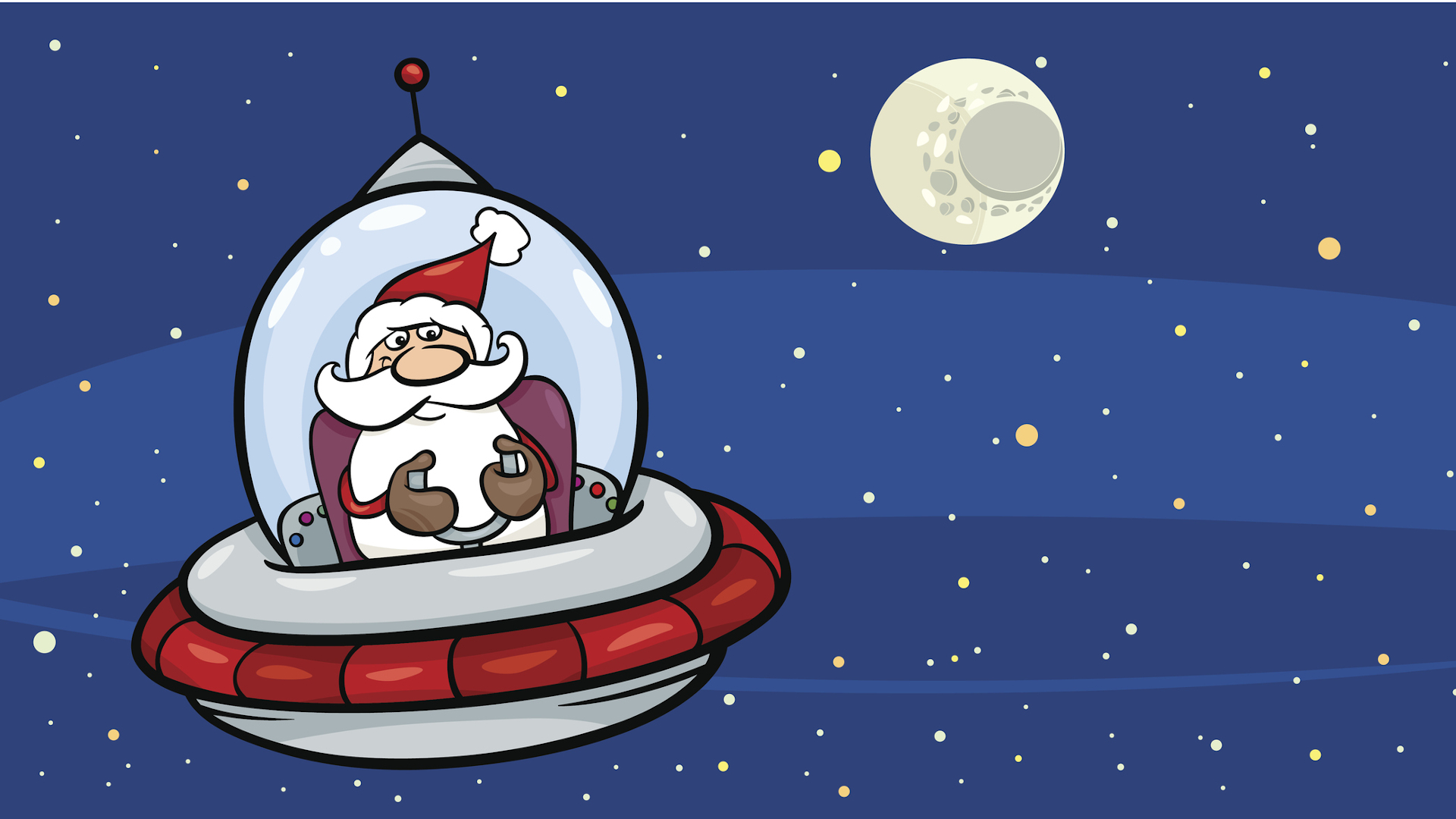
In the mid-2010s, a woman called Donna Hare went on film to claim that she had worked for NASA at some point in the 70s, and she had a strange tale to tell. According to her, UFOs were a known quantity to NASA back in the day. There were even photographs of UFOs, which the photography department had to airbrush out before the photos went public. She also claimed to have heard a debriefing from one of the moon missions where the crew sighted alien craft, and the codename given to these alleged moon voyagers was "Santa Claus."
It's not clear why this codename was given, and Donna didn't reveal a timeframe, but the alleged incident was probably intended to have happened around December, hence the seasonal designations.
Now, it's true that during the 70s, there were plenty of missions to the moon, and plenty of them happened around the end of the year (for example, the Apollo 17 mission launched on December 7, 1972.) However, the chances of these claims being true are slim. Although NASA contracted the company Donna claimed to work for in the 70s, they only provided engineering and operational support services. Therefore, neither Donna nor the company she worked for would have gotten anywhere near a photo lab, or a debriefing.
9. Astronauts on the ISS cannot drink at Christmas
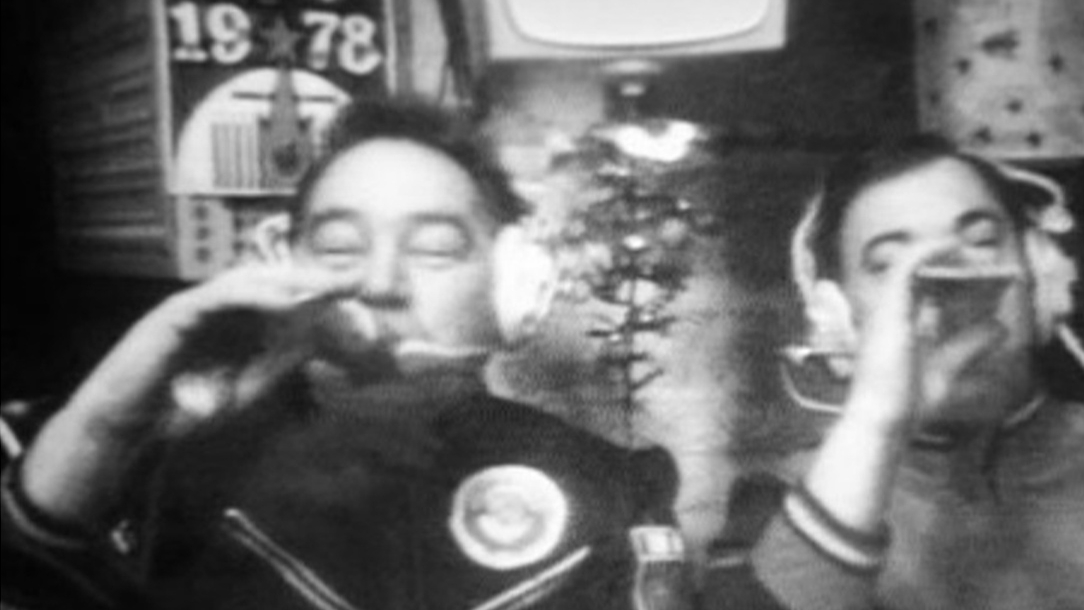
It's not uncommon to find people celebrating with some alcohol around this time of year. However, if you happen to be one of those select few who are spending the holiday season aboard the International Space Station (ISS), you probably won't have the option.
While rumors have spread that Russian crewmembers have smuggled vodka onto the base, it's doubtful that these rumors are true. The ISS's water recycling system is very delicate and would be overwhelmed by any amount of alcohol. According to Italian astronaut Paolo Nespoli "the water processing system on the ISS… would be overwhelmed if any alcohol got into the plumbing." So, there you have it, no Christmas tipple in space.
If you want to experience the ISS and still have a drink or two over the holidays, then check out our Space Lego deals guide.
8. Santa Claus visited the ISS in 2010

While there are certain things you have to go without on the ISS during Christmastime, a visit from Santa isn't one of them. During the 2010 Christmas season, the crew in the American section of the ISS awoke to discover a load of presents outside each of their doors. However, the most interesting part was that none of those on board had brought the gifts with them.
Does that mean Santa Claus can get on board the ISS? Not quite. The gift packages are prepared on Earth, with each crew member's family putting gifts and messages into the container, along with some personalized socks. The gifts are then launched onto the ISS with an earlier expedition to give the crew a Christmas surprise. According to U.S. astronaut André Kuipers: "They had put these presents together in April, way before our arrival, to send up with a cargo ship… it was great!"
7. The first food baked in space was Christmas cookies (sort of)
We made space cookies and milk for Santa this year. Happy holidays from the @Space_Station! pic.twitter.com/sZS4KdPmhjDecember 26, 2019
Another fond Christmas tradition for many is baking sugar cookies. While you may not expect this to translate so well to space, you'll be pleasantly surprised. In December 2019, an experiment was led aboard the ISS to see how cooking would work in space. The investigation took place to test the viability of cooking to extend food supplies.
The items the crew baked were chocolate chip cookies, and while these aren't the typical sort of cookies usually baked for Christmas, this did all take place during the season. One of the crew members who took part, Christina Koch, tweeted that the crew had made some Christmas milk and cookies for Santa on Dec. 26.
It would take 2,683 LED Christmas lights for your house to be visible from space
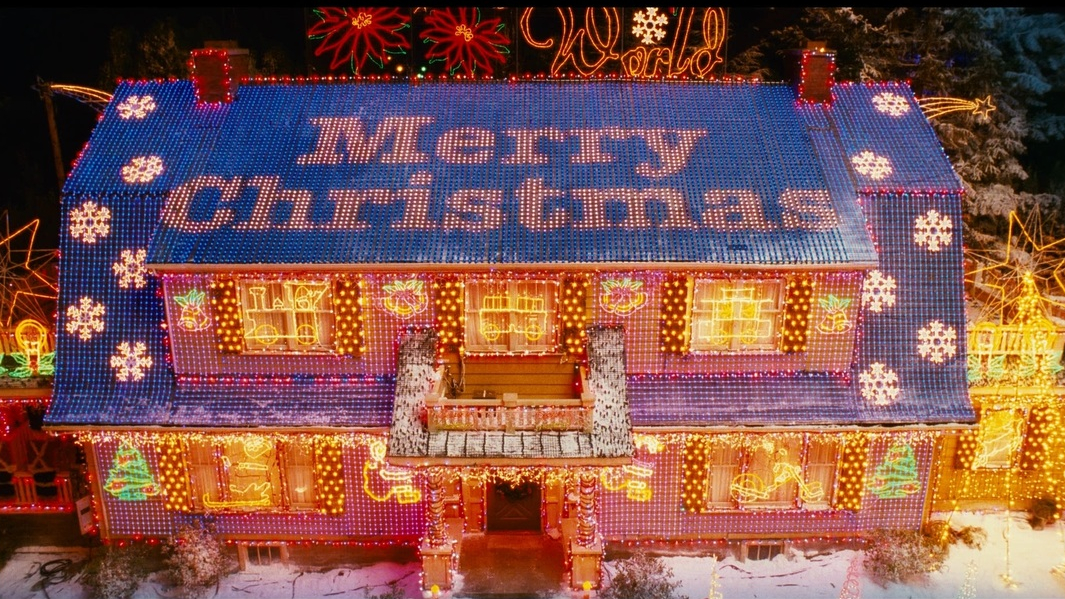
If you've ever seen the Christmas film Deck the Halls, starring Matthew Broderick and Danny DeVito, then you'll be familiar with this fact. In the movie, DeVito's character tries to make his house visible from space with a huge Christmas lights display. The film inspired researchers at the University of Leicester, so they decided to figure out exactly how many lights you'd need.
The magic number for your house to be visible from the ISS would be 2,683 LED lights. Researchers calculated the number using the average luminosity of store-bought LED Christmas lights but admitted that the number also relies on there being no light pollution at all, which is highly unlikely. Ryan Bradley-Evans, one of the students who took part in the research, said: "Although we oversimplified the factors involved, it was great to see this film hold up to the physics involved as often this is not the case, and who knows, maybe somebody, someday, reading this will actually try it."
5. The first on-screen appearance of Mrs. Claus was in the sci-fi Christmas film Santa Claus Conquers the Martians
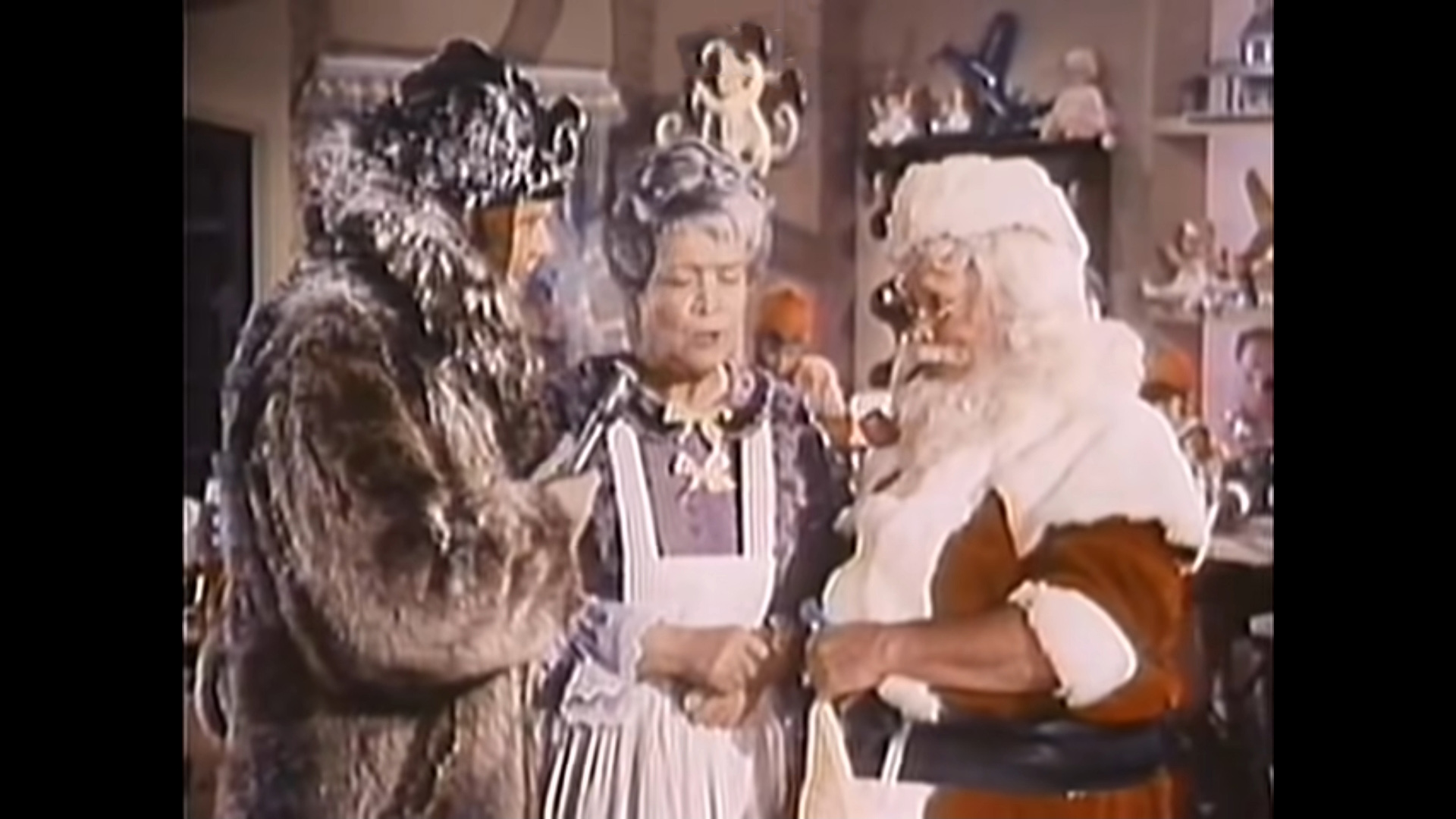
If you're not a fan of Christmas B-movies, then you might have missed this one. Santa Claus Conquers the Martians is a pretty lousy sci-fi movie from 1964 in which Martians come down to Earth and capture Santa so that Martian children can have a merry Christmas. It's a bizarre movie, even being featured on Mystery Science Theatre 3000 (which is also the best way to experience the film). With an IMDb rating of 2.7, it won't be making it into our best sci-fi movies lineup anytime soon though.
However, the exciting part is that this sci-fi cinematic tragedy happens to be the first on-screen portrayal of Mrs. Claus. The character was invented in 1849 for a short story known as A Christmas Legend by James Rees and is portrayed here by Doris Rich, a Boston native actor who retired from the profession shortly afterward. We're sure her decision had nothing to do with how bad this film was.
4. The first crew to spend Christmas Day in space were on the Apollo 8 mission
As well as being the first people to orbit the moon, the crew of Apollo 8 have the honor of being the first people to be away from Earth on Christmas Day itself. The crew consisted of Frank Borman, Jim Lovell, and Bill Anders, who made the historic mission on Dec. 21, 1968, and remained in space for six days, three hours, and twenty-four seconds.
On the evening of Christmas Eve, the crew beamed down a message to Earth. This message featured a static shot of the planet while each crew member read a passage from the Bible. While the religious message wasn't appreciated by everyone, such as the group American Atheists that sued NASA over it, it was still a moment heard worldwide at Christmastime. You can even still watch the message today, thanks to NASA's archival process.
Related: Christmas Eve at the Moon: Apollo 8's Historic Message Beamed to Earth Today in 1968
3. The first Christmas tree in space was made from cans
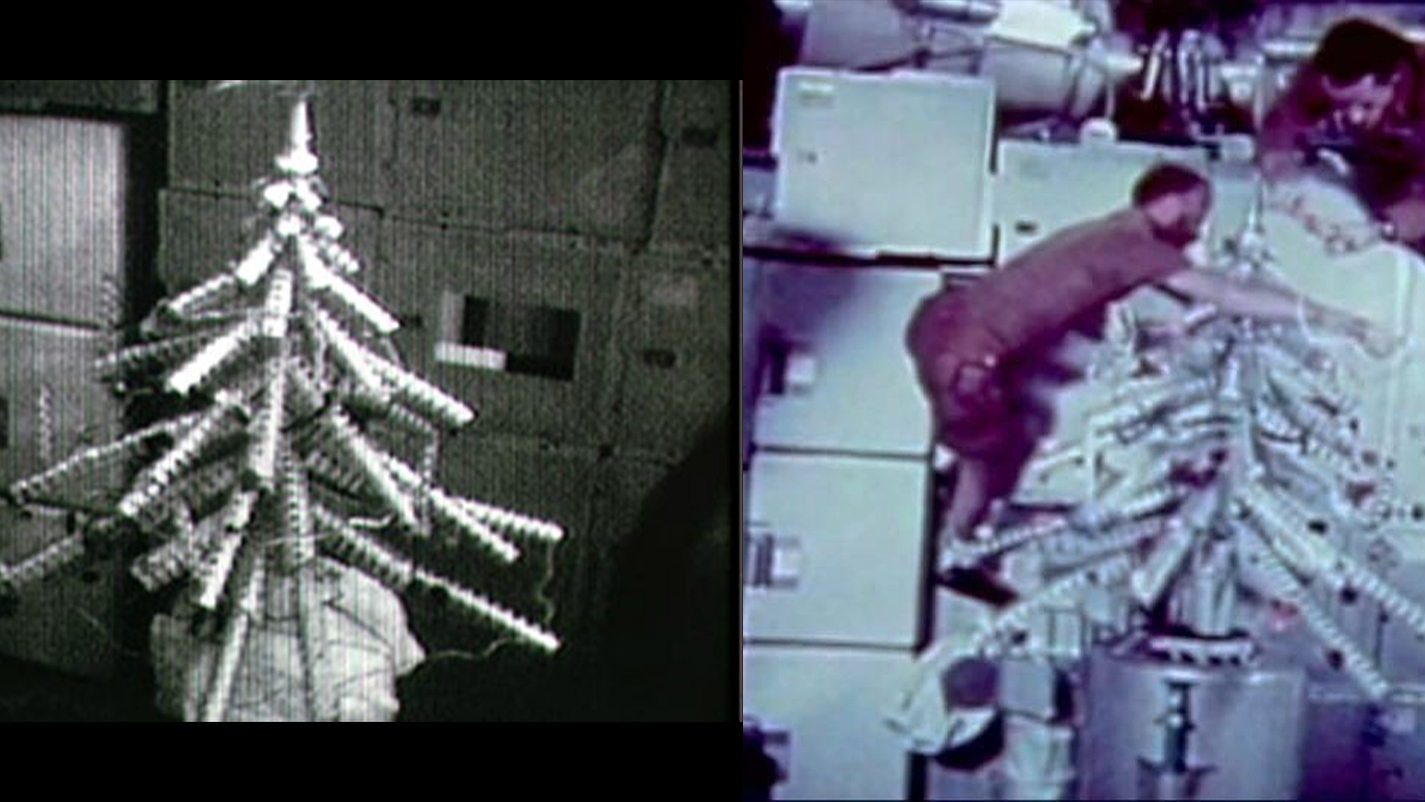
While they weren't the first crew to spend Dec. 5 in space, the crew of the United State's first space station, Skylab, did pull off an impressive first of their own. During the Christmas period of 1973, the crew on the station noticed that while they were pretty low on Christmas trees, they did have a lot of empty food cans.
To redress this imbalance, the crew constructed a pretty decent-looking Christmas tree to help them celebrate the holiday in style. TV viewers even got a glimpse of the festive faux flora when it was broadcast to the world on Christmas Eve. While the tree in question is a bit tacky, you have to admit, the fact that they knocked together something recognizable as a full-sized Christmas tree is pretty impressive.
2. The ISS is one of the biggest Christmas tradition melting pots in the universe
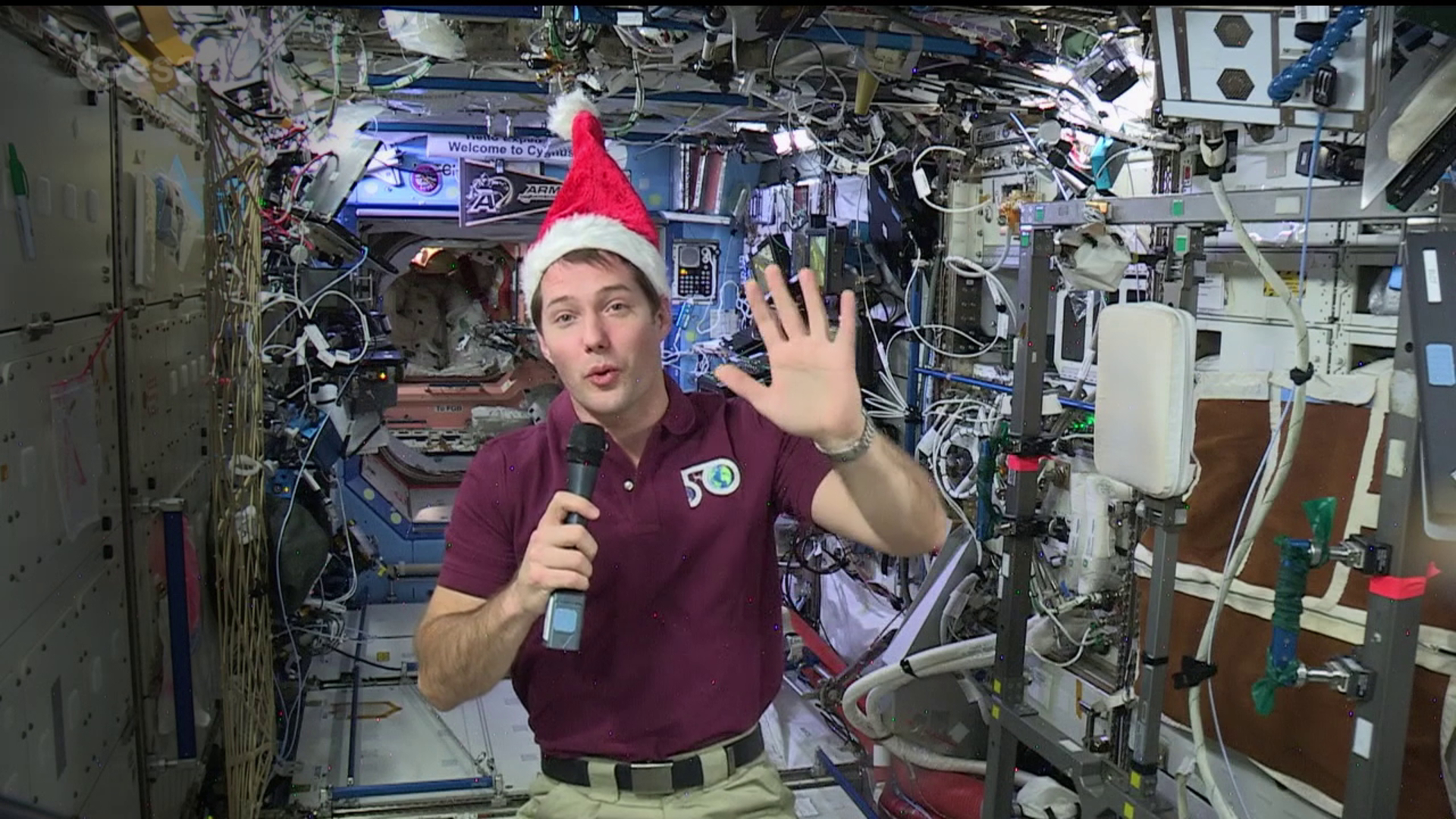
Since the year 2000, the International Space Station has played host to numerous different astronauts from around the world. Due to all those different nationalities being present in the same place, Christmas aboard the ISS has become a hub of multiculturalism, showcasing all the different ways people on Earth celebrate the season. In some cases, the crew can celebrate Christmas several times a year due to certain regions prioritizing different days during the holidays.
Some highlights of this phenomenon include how different crews have shared the Christmas food of their countries with their international counterparts. For example, in 2016, French astronaut Thomas Pesquet shared traditional Christmas food from Normandy, including ox tongue. The European Space Agency documented the whole event in several videos, and they still make for an exciting watch to this day.
1. Jingle Bells was the first song broadcast from space (and it was a prank)
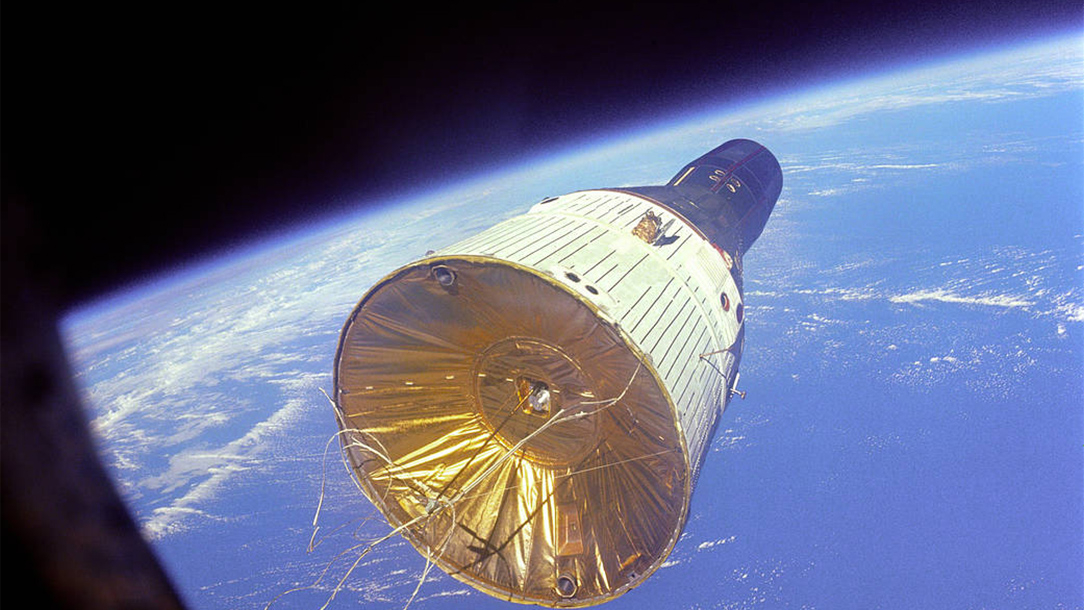
Jingle Bells is one of the most easily recognized Christmas songs on the planet, and apparently, the same goes for space as well. In truth, Jingle Bells was the first piece of music broadcast in space, and the whole thing was one big prank. During the Gemini 6A mission to send people into space, two astronauts thought they'd have a little fun at mission control's expense.
On Dec. 16, 1965, Walter Schirra Jr. and Thomas Stafford radioed in a UFO sighting. They claimed to be picking up an object orbiting the planet before patching through a signal they were allegedly receiving from the craft. At this point, the two crewmen pulled out a harmonica and sleigh bells and recited the famous song. You can still listen back to what must have at first been quite an ordeal for those on the ground.
Join our Space Forums to keep talking space on the latest missions, night sky and more! And if you have a news tip, correction or comment, let us know at: community@space.com.
Get the Space.com Newsletter
Breaking space news, the latest updates on rocket launches, skywatching events and more!
William is a former writer for Space.com contributing pieces on Space Games and Toys, mobile games, and anime. He's currently the Games Editor at WePC and anEditor and Webmaster at Gaming Respawn. His work has also been seen at MSN, MUO, TechRaptor, NewsBreak, Hacked.com, and New Normative. An author and journalist from the Midlands in the U.K. William has worked as a writer, video producer, and journalist since 2016.
